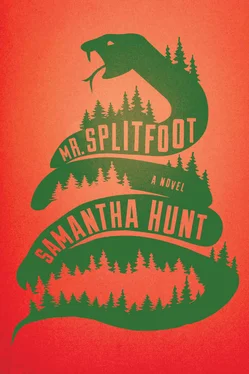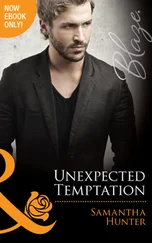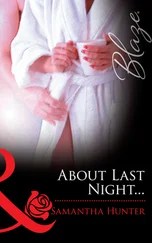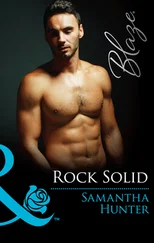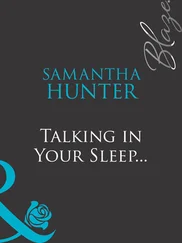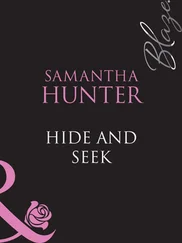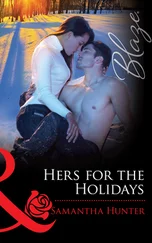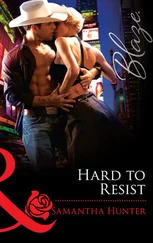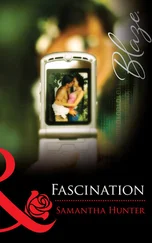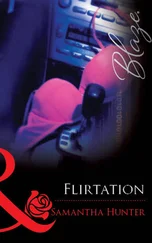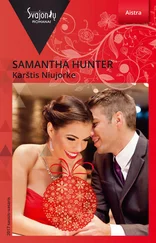I stop to listen. Water running. We must be back by the canal. “The Erie.” We should have taken a canoe down the canal instead of all this walking.
“I haven’t been off the mountain in a while.”
“Why are you going to find your kid now?”
“Think she forgot about me?”
“No. But—”
“Listen.” Margaret sharpens again. “Do you have any idea what’s about to happen to your life?”
“Some.”
“You won’t ever know peace again.”
I shrug.
“I was a terrible mom. I couldn’t stop worrying. I thought about men with machetes, pedophiles, high staircases, electrical sockets. You name it. Once on the street, a stranger chucked my daughter under the chin. He thought she was cute. I went home and covered her with anti-bacterial gel. She was three months old.” Her eyes roam the air behind me as she makes her list. “Redneck drunk drivers, brain damage from a fall off her changing table. I thought about her soft head all the time. I couldn’t sleep and I couldn’t let her sleep. Sleep looked like death. Eating looked like choking. Friends looked like murder.
“Hormones attack you,” she says. “Hormones will try to kill you.”
“You didn’t let your baby sleep?”
“I imagined danger so well, I made it real.”
“You didn’t let your baby eat?”
“Her father took better care of her than I could.” She looks up. “Motherhood,” she says, “despite being immensely common, remains the greatest mystery, and all the language people use to describe it, kitschy words like ‘comfort’ and ‘loving arms’ and ‘nursing,’ is to convince women to stay put.”
The sun lands on us awkwardly. I don’t say it, but I think she’s forgetting half. There’s a lot about mothering that’s good. I had a really good mom. We walk on in silence.
“Where are you going?”
“My aunt’s taking me somewhere.”
“Where?”
I hesitate. “I have no idea.”
“Exactly. That’s what I’m telling you.” She looks at Ruth. “Maybe she’s hardening you up into the warrior you’d better be before that baby arrives.”
“Maybe.”
Feels a little bit like more mother-hazing, so I prepare for another episiotomy story, the horrors of child birth, blah, blah, but one doesn’t come.
“How old is your girl now?”
“Ten.”
“Well, what are you going to do? What’s the plan?”
“Catch a bus to Forked Lake. Find her. See if she’ll forgive me. Let me in her life somehow.”
“What if she won’t?”
“Yeah,” Margaret says. “Then there’s that.”
In town the nun points to the pharmacy where the buses stop. HALF GALLON OF MILK $1.50. The terminal’s not open yet. The nun takes off her wimple and shakes out her hair. With the wimple removed, I can see her neck and it’s a horrible thing. Thick brown, purple, and black lines, ligature marks, damaged and ghastly as if she’d been hanged then resuscitated or her wimple had been fastened so tightly it choked her. I worry her head will detach entirely without it now. She sees me staring and nods. “I’m telling you, it’s not easy. Life and death are not clean, separate functions.” She gently touches the marks on her neck.
I want to get away from her, but she keeps talking.
“Motherhood makes you a dealer in death. No one tells you this beforehand. You will become obsessed with all the ways a person can go because while it might be easy to deal with the fact that you will one day die, it’s not at all easy — totally unacceptable — to deal with the fact that one day your child will die. Do you hear me?”
I nod. I hear her. I do. “What am I supposed to do? Just give up? Not even try to be a good mom?”
The nun exhales. “You’ve got yourself a real live one here,” she says to Ruth, smiling. “Are we done? We’re OK?”
Ruth gives her something, money maybe, like she’d hired the nun to teach me, though clearly that can’t be true.
Margaret tucks whatever it is into her bra. She has a seat, waiting for the bus with a drunk and a soldier on a bench out front, feet planted for battle, rubbing her neck.
“Good luck,” I mumble.
“Same to you.” Then the nun asks God to be with us. Then the drunk hums “O Night Divine” though Christmas is still a long way off.

A WOMAN ON THE RADIOspeaks with a French accent. “Brasserie Caribou. You cannot beat our meat.” Nat and Ruth fly into the back seat. “Howdy, lovebugs,” Mr. Bell says. “How’d it—?”
“Go!” Ruth need only say it once. Mr. Bell locks the doors, engages the engine, depresses the accelerator with everything he’s got. They find their breath in the dark car. She leans forward as he speeds away from the house, and as they fly past, she sees a man running for the car. The man is not Zeke. It’s Ceph, running out of the woods by the house. Ceph calling her name, “Ruth! Stop! Wait!”
“Don’t stop,” Nat says. “Don’t.”
Streetlamps ripple overhead, passing in sickening waves of darkness and light. None of them speak yet because Mr. Bell’s I-told-you-so is loud enough for all to hear.
The vehicle moves away from the house at speeds ranging from thirty-five to forty-five miles per hour for a time period of twenty-three minutes. Once sufficient distance is gained, Nat can finally speak. “I need some water. Please.”
“Of course.”
At Andy’s Discount Food and Dairy, Mr. Bell locks Nat and Ruth inside the car while making his purchases. As soon as Mr. Bell’s gone, Nat starts to plead. “Don’t tell him I fucked up so badly. OK?”
“But the man knows his name.”
“The man knows your name too. Maybe it’s your fault also. Did you think of that?”
She looks out the window.
“Don’t tell him. Not everything. Please.”
“If I have to, you can’t be mad.” She pushes a spot between her eyebrows. “What happened to his nose?”
Nat shakes his head. Ruth imagines the lonely appendage stashed in a cup, a mug, a gift box, blackened, crusted in parts, and all the smells it ever knew. Grass. Bacon. Seawater. Mildew. More likely though, it was eaten away slowly, crumbled and wasted in bits.
“And what the hell was Ceph doing there?”
“Poor Ceph,” Ruth says.
“What’s that supposed to mean?”
Mr. Bell passes Nat a bottle of water, juice, and a bag of snacks. He opens beers for each of them, using a quarter pinched as a pry bar. “You look like ghosts. What happened? Did the dead actually speak this time?” He smiles. The alcohol hits Ruth’s blood, swiftly cooling hot metal. Mr. Bell catches Ruth in the rearview. “What is it?”
She shuts her eyes, so Mr. Bell drives. They pass three farms and one home-heating oil depot. Finally she answers him, “The man didn’t have a nose.”
“What?”
“He didn’t have a nose. It had been eaten away. Just a hole in his face.”
“Terrible.”
Nat grabs her thigh, squeezes as if holding her reins.
“More snow in the forecast, Jim. The county’s on alert. We’re looking at accumulations of anywhere from thirteen inches to two feet. More than that up in the mountains.”
“No nose?” Mr. Bell stretches his fingers, regripping the wheel. The streetlamps end. “What happened?”
Ruth turns to Nat. He’s still looking out the window, though there’s little to see besides the metallic flash of the passed mile markers. “They lost some money, and Nat told them it’s in an empty pool.”
“A man lost both his nose and his money? Seems a bad sign. How much?”
Читать дальше
